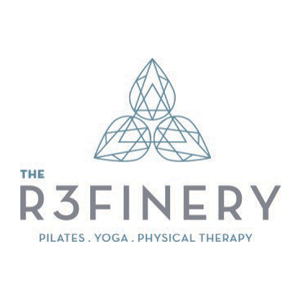4 Tips to Help You Get the Most Out of Your Anxiety Treatment
Everybody is different and this fact is extremely relevant when it comes to anxiety treatment. If you feel like you are having a hard time with this treatment, there are a few tips that you can use. In this article, we are going to look at four different tips to help you get the most out of your anxiety treatment.
1. Be Patient
When working through anxiety, transparency is critical. Many people with anxiety don’t fully understand all the ways it can manifest and may even have a hard time expressing the full picture with their anxiety and depression therapist. Be patient through the process and work with your therapist to create language around your symptoms. Your therapist is here to guide you through. Being open, honest, and patient with yourself is important to remember.
2. Show Up
When attending treatment appointments, show up with the intention to work. Therapy can be challenging, however as they say, “no mud no lotus.” Over time you will learn that you are worthy of healing. Come to sessions ready to work and leave them intentional about integrating the content discussed in the session into real life. If you and your therapist agree on assignments between sessions, make sure to complete them. A therapist’s role is to provide a framework and the container for healing, your job is to trust the process and work hard.
3. Be Open to New Ideas
A common theme we see in working with clients with anxiety is that they have tried certain therapies or strategies in the past and found no relief. Don’t become discouraged. One of the most important parts of therapy is the client-therapist relationship. Creating a plan with a therapist you connect with that is individualized to you can make a big difference. Be open to trying new strategies or revisiting old ones in a therapeutic environment that feels good for you.
4. Take Care of Yourself
While undergoing anxiety treatment, taking care of yourself mentally and physically is critical. According to the Anxiety and Depression Association of America, people with an anxiety disorder are five times more likely to head to the doctor’s office. They are also up to six times more likely to be hospitalized for a psychiatric disorder. Having anxiety can take a drastic toll on your overall well-being. Make sure that you make yourself a priority during this trying time and engage in self-care routines that nurture your spirit.
Dealing with anxiety can be difficult, but we’re here to help you every step of the way. Following these tips while working with a professional makes you more likely to see results. Give Presence of Mind Therapy a call to discuss working with an anxiety and depression therapist today!
The post 4 Tips to Help You Get the Most Out of Your Anxiety Treatment appeared first on Presence Of Mind Therapy.






















Share On: